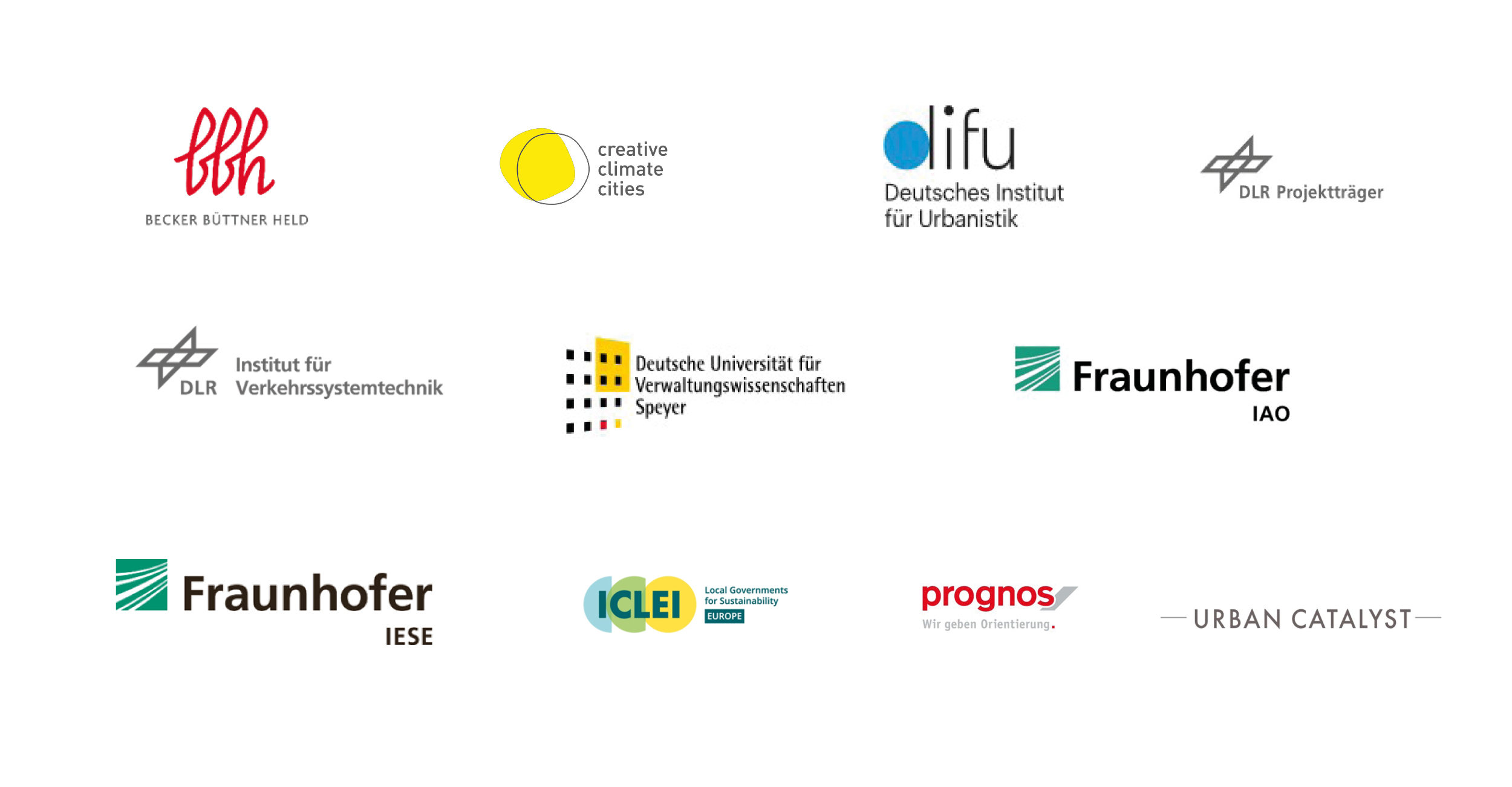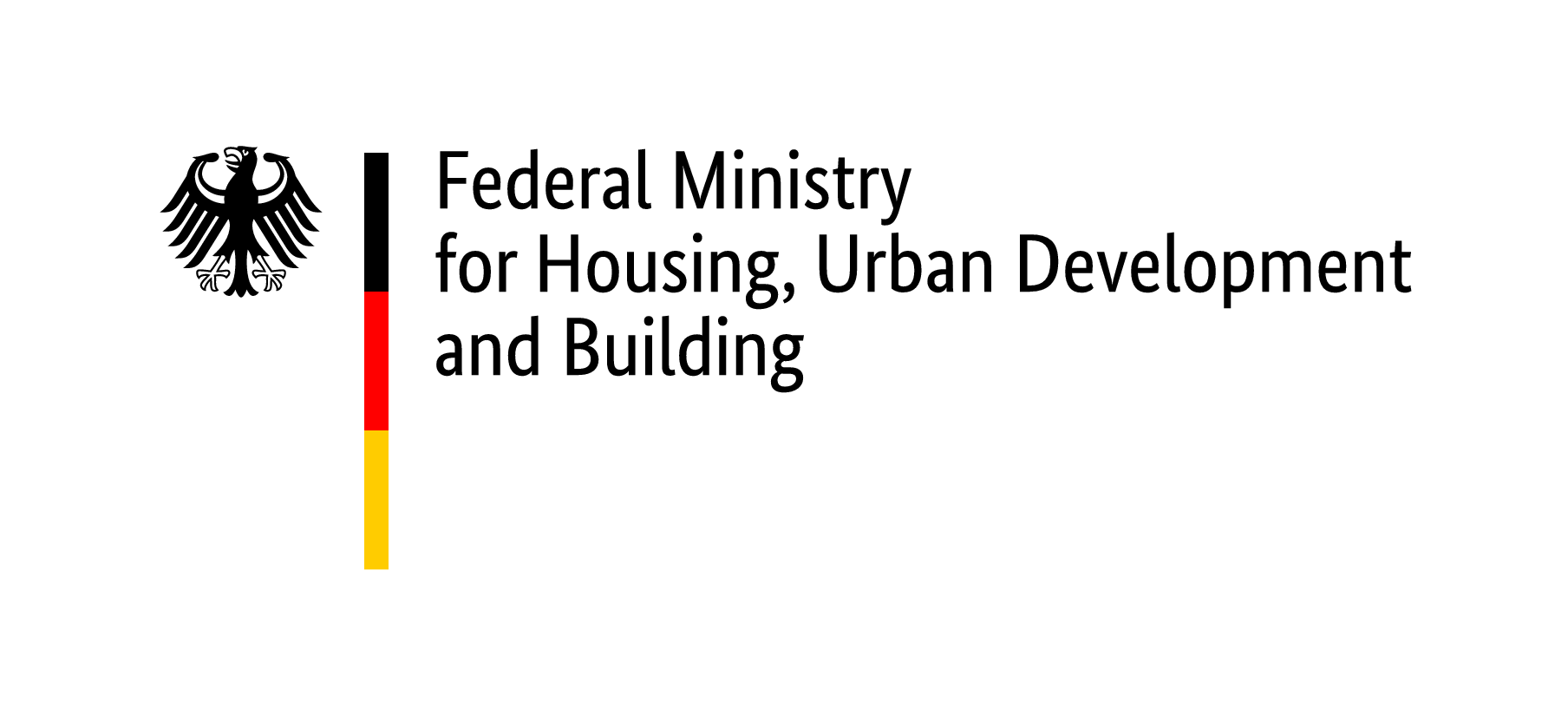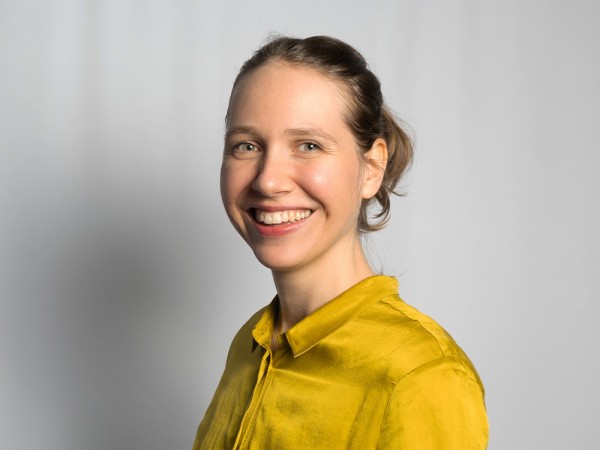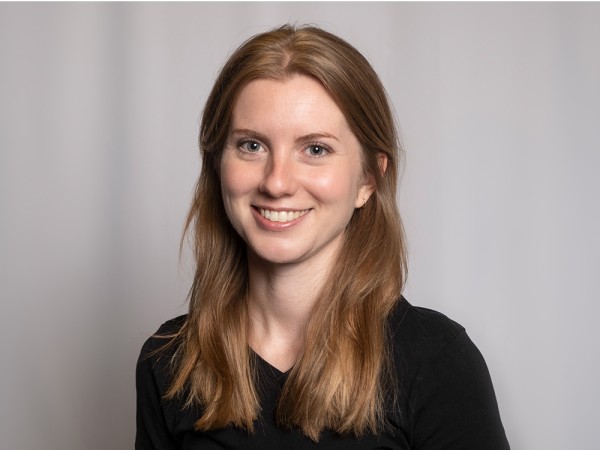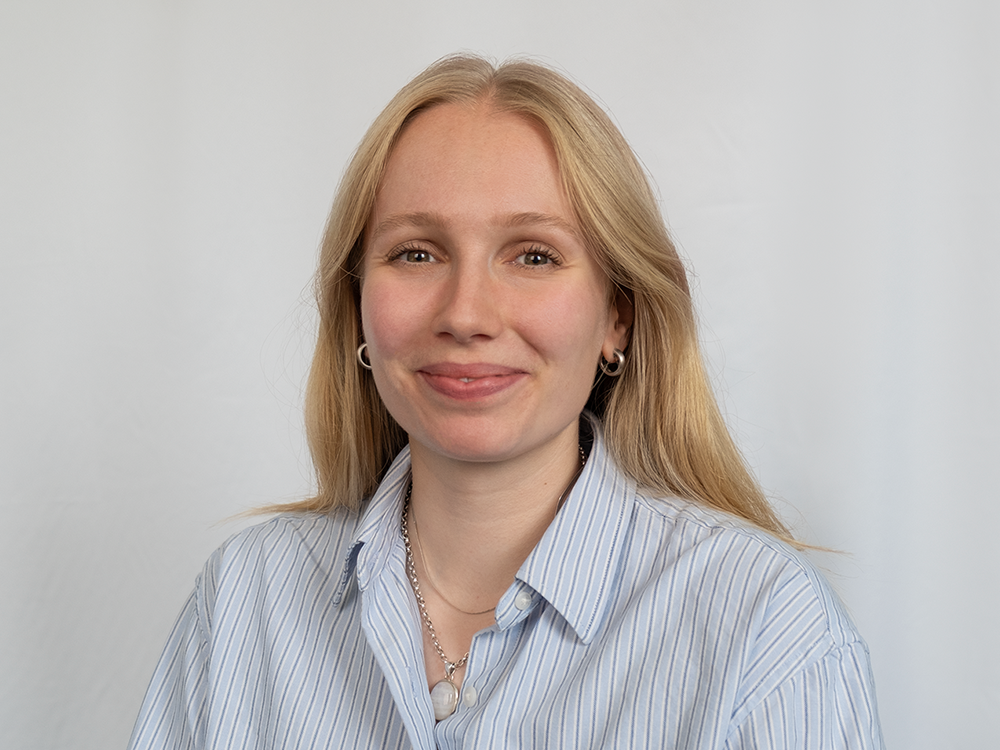Advancing digitalization poses challenges for German municipalities, but also holds great opportunities for the future development of "smart" cities. The focus here is not necessarily on what is technically feasible, but instead on strategies and governance formats which can be used to shape the smart city of the future. KWB's mission is to highlight and stress the importance of water issues in the smart city and digitalization debate.
Since 2019, the German Federal Ministry of Housing, Urban Development and Building (BMWSB) is funding 73 Smart City Pilot Projects (MPSC), which deal with the challenges and opportunities of digitalization, and take a strategic, participatory and integrated approach to urban development.
To strengthen the exchange of knowledge and experience between the pilot projects and facilitate knowledge transfer on a broader scale, the BMWSB has established the Smart Cities Coordination and Transfer Office (KTS). A consortium of renowned institutions was commissioned, which includes the German Aerospace Center (DLR), the German Institute of Urban Affairs (Difu), the Fraunhofer Institutes IAO and IESE, Creative Climate Cities (CCC), and KWB, among others.
Within this group, KWB provides professional advice to the pilot projects as well as scientific support and knowledge transfer. The aim is to develop appropriate solutions for broad municipal application and create added value for all municipalities in Germany. Currently, we are engaged in studies on resilience and foresight. Research questions include searching for existing strategies, both national and international, which contribute to the resilience of a city. The flooding disaster last summer demonstrates the relevance of this topic. Additionally, to better prepare our cities for the future, we want to find out which interfaces between disaster prevention and resilience strategies exist. In this regard, KWB wants to enable transformation and strategic foresight in the action framework of digital urban development.
